Workers' wages reduced
A survey of more than 1,000 workers and 500 businesses in the manufacturing sector by Navigos Group shows that the majority of workers in this industry face a 30-50% salary cut.
According to statistics, 58% of workers had their total salary cut by 30-50%, 34% had their total salary cut by 10%, 6% of workers had their total salary cut by 10-30%. Only 2% had their total salary cut by more than 50%.
In addition, they also had their working hours cut, overtime pay reduced and did not receive the usual benefits.

Many workers have had their salaries reduced due to the impact on the production and business situation of enterprises.
In this context, most workers choose to cut living expenses and improve skills to cope with difficulties.
The survey showed that 60% of workers chose to cut living expenses to cope with difficulties, 37% took on extra work outside and only 3% chose to work more overtime to increase their income.
In addition, workers also choose to improve their skills and expertise to maintain a competitive advantage. Most workers choose to improve their management skills (39%), financial management skills (29%) and skills in applying technology to production (24%).
Businesses need time to recover
According to Navigos Group, the majority of businesses (39%) predict that it will take 12 months or even more than 12 months for the market to recover. Only 8% of units believe that the economy will recover after 3 months.
Thus, according to the general market situation, businesses are predicting that business recovery cannot happen quickly. Grasping this general situation, units also have the basis to come up with more appropriate countermeasures.
Faced with this situation, most businesses still choose to take advantage of time to improve productivity and stay ahead of the market. In addition, only a few businesses focus on maintaining minimal business operations.
Navigos Group’s survey shows that businesses are basically implementing two strategies to cope with the current difficult period. That is, taking advantage of time to implement productivity improvement solutions to anticipate the market after the crisis or ensuring minimal business operations.
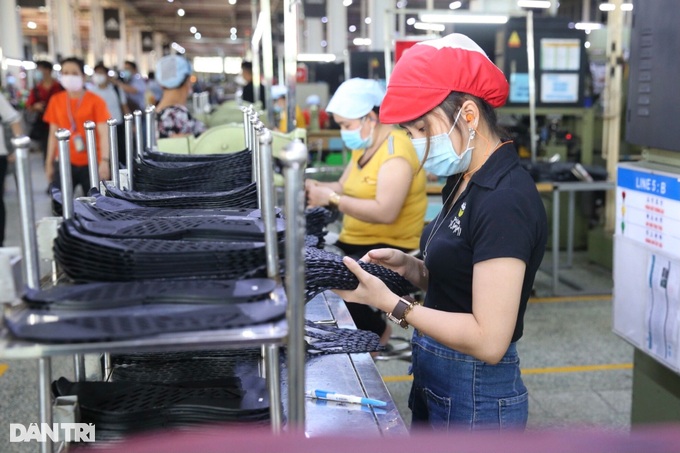
Enterprises in the textile, garment and footwear industries are still facing difficulties in getting orders (Illustration photo: Hai Long).
Among them, the "market anticipation" strategy is the most prominent when it is proactively implemented by most businesses in all industries.
In the textile, garment and footwear industry, 69% of businesses took advantage of this time to implement productivity improvement solutions to stay ahead of the market.
Besides, 64% of businesses in the pharmaceutical and biotechnology industries also took advantage of this time to implement solutions to improve productivity.
On the other hand, the high-tech industry, industrial products industry, construction materials manufacturing industry and other industries do not have a large difference in the ratio of enterprises choosing to lead the market or ensure business continuity.
Most manufacturing businesses are pushing to adopt automation, especially in the production stage.
Businesses in all manufacturing sectors are inclined to apply automation in production, shown by 25-82% of choices. Following that, another 5-75% of businesses want to apply automation in most of the stages.
Specifically, 52% of high-tech enterprises apply automation to all stages. In addition, the textile, garment and footwear industry also has 60% of enterprises applying automation to the production stage.
Source link






![[Photo] President Luong Cuong attends the 50th Anniversary of Laos National Day](/_next/image?url=https%3A%2F%2Fvphoto.vietnam.vn%2Fthumb%2F1200x675%2Fvietnam%2Fresource%2FIMAGE%2F2025%2F11%2F27%2F1764225638930_ndo_br_1-jpg.webp&w=3840&q=75)
![[Photo] Prime Minister Pham Minh Chinh chairs the 15th meeting of the Central Emulation and Reward Council](/_next/image?url=https%3A%2F%2Fvphoto.vietnam.vn%2Fthumb%2F1200x675%2Fvietnam%2Fresource%2FIMAGE%2F2025%2F11%2F27%2F1764245150205_dsc-1922-jpg.webp&w=3840&q=75)



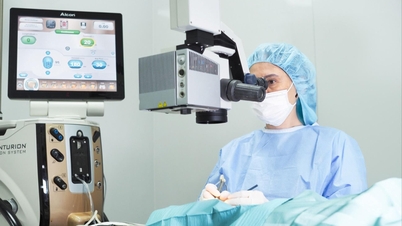





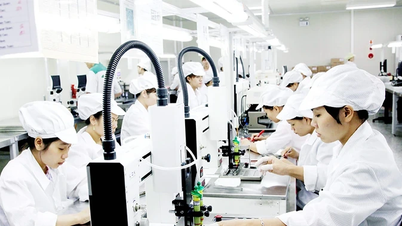





































































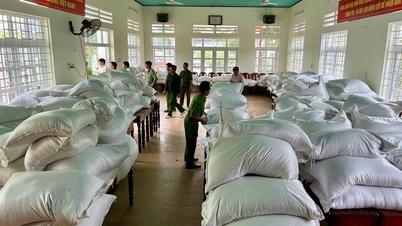


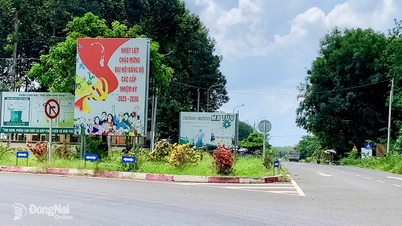

















Comment (0)